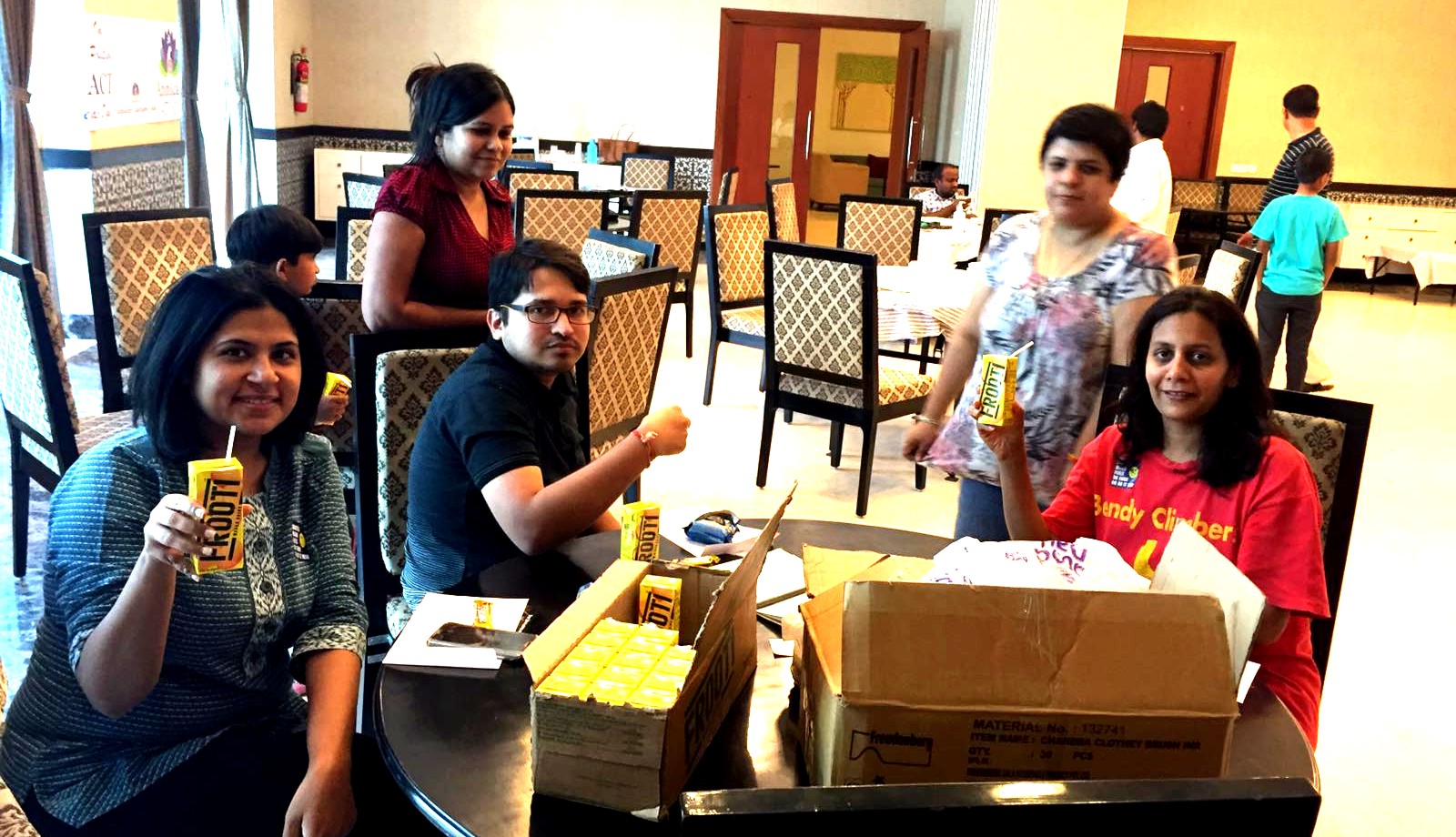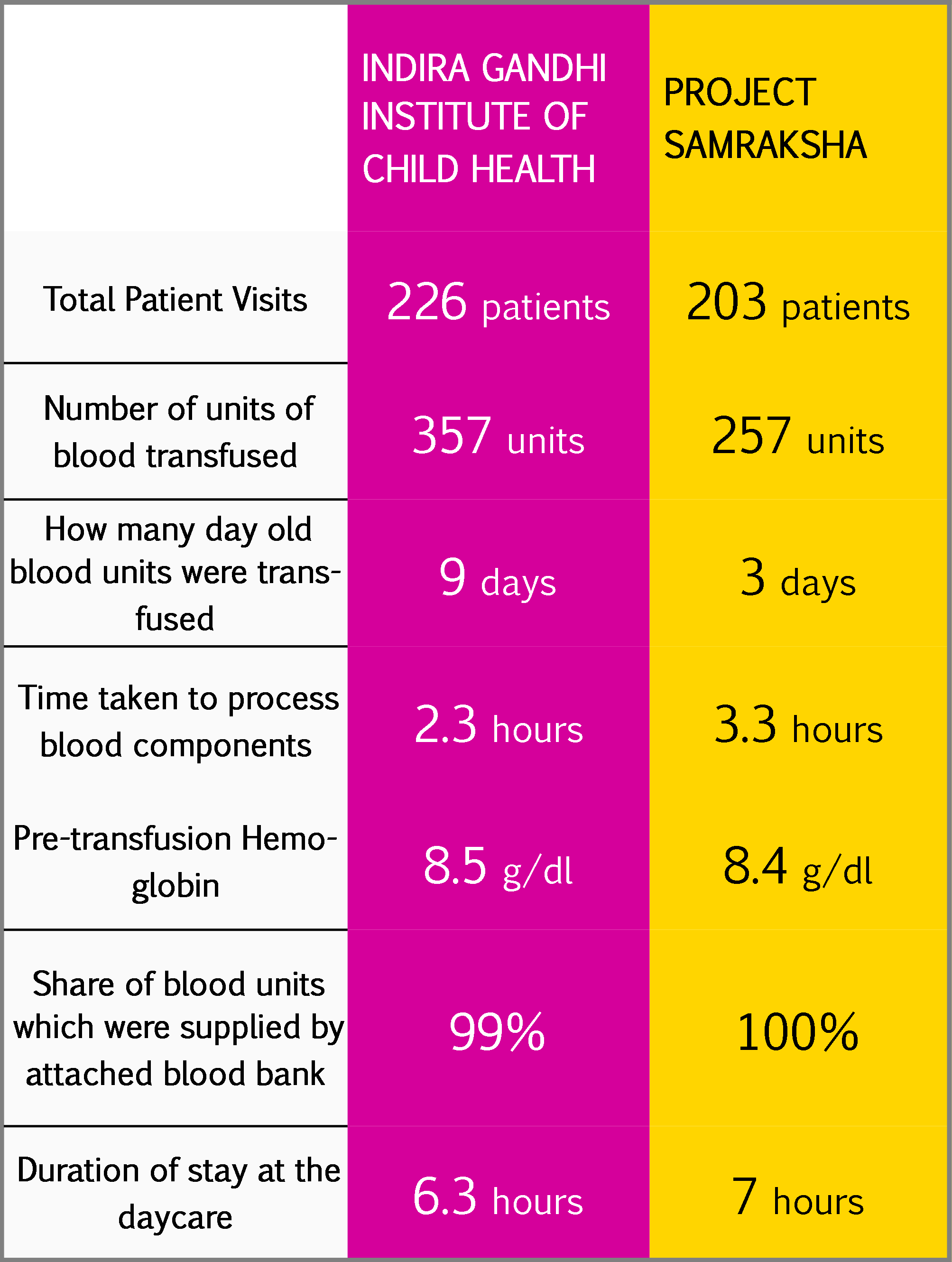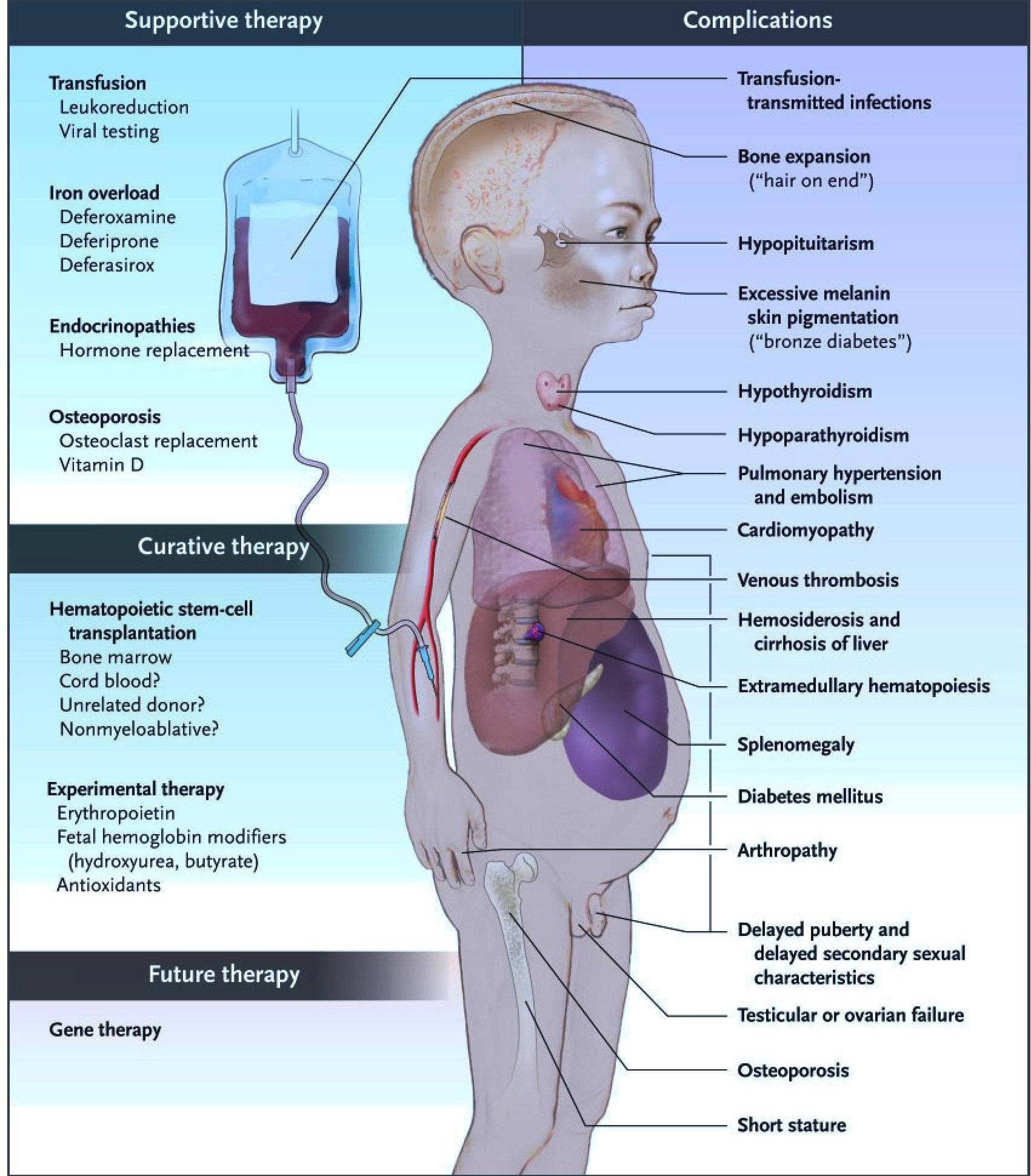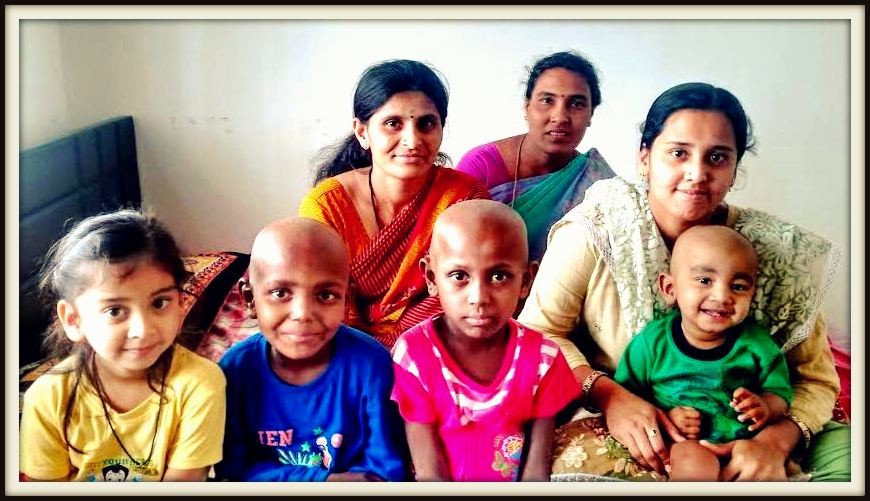Rakta Kranti: The Blood Revolution
A total of 7 drives were organised. 453 units of blood were collected. 15 donors had an adverse reaction which is about 3.3% of total donations. The deferral rate was 10.65%. Since we have got very stringent in selection of blood banks for drives, the non compliance dropped to average of 1/camp with 4 drives having no instances of non compliance.

With a good number of blood donation drives being organized across the city at premiere educational institutions, Sankalp decided to organize only a few drives to ensure no overload of blood in the city.
Drives at Microchip, Sankalp Semiconductors saw us strengthen our relationship with these highly supportive organizations. It feels good to go back to the same organizations, meet the same donors and see them make significant contributions every 6 months. The management of both these organizations deserve rich applause for their commitment. The response at both places was on expected lines with 61 and 72 units being collected.
With drives at Azim Premji University, National Centre for Biological Sciences, Vanguard Business School we also got good support from educational institutions. Again, all these organizations are ones who have shown great dedication in planning drives every 6 months despite having challenging schedules. Since students are involved, the % of donors with respect to total strength is always high. 89 donors at APU, 141 at NCBS and 39 at Vanguard made the telling contributions.
A public drive was held at Star Bazaar, Koramangala. Good publicity measures were adopted by Sankalp volunteers and members of the blood bank staff. Nearly 60 donors turned up. A bulk of the young lady employees of Star Bazaar were deferred due to low levels of Hb. 36 units were collected in total. Star Bazaar is helping us with regular drives in all their centres across the city.
Sankalp also connected to Max Bupa Health in February. A small camp was held where 23 donors came in and 15 were found eligible to donate blood.
Thalassemia Management and Care
While the number of patients coming to our centers continue to rise, we are struggling to upgrade the facility at a matching pace. The above table shows the essential quality indicators for the month of February.

As is visible, the pre-transfusion hemoglobin and the time taken to process blood components have been on the higher side. The steps being taken to add capacity are going to complete soon. There was no problem with blood in February with lot of camps happening in Bangalore. However, the challenge to maintain the blood supply though the summer months remains.
We must admit and share that it is only since February 2016 that we have acquired the skill to manage the children with sickle cell disease(SCD). 6 children who suffer from SCD are now being treated with appropriate protocols alongside their thalassemic friends.
Last month was also a learning experience in terms of diagnosis of more difficult hemoglobinopathies. Finally, we seem to have forged a relationship with Central Forensic Science Laboratory, Hyderabad to do the molecular work-up for our patients. The intention of providing the full spectrum of care and management to each child has converted into action through the strong partnerships we have been forging with several highly reputed and competent organizations.
There is great news coming in from the iron control side. Though it will take one more month to share the exact data, it appears that by strictly monitoring iron levels, adequacy of chelation and by using sub cutaneous deferoxamine mesylate we have been able to lower the serum ferritin levels substantially.

We involve in thorough monitoring of complication taking the preventive approach. However, we were confronted with an unfortunate situation when a child who had a near normal Echo and ECG report in November 2015 landed up with serious cardiac complications. The speed at which the situation precipitated was shocking. Unfortunately, the child could not be saved. Looking back at the case history, we realised that the child was duly chelated since last 2 years with complete financial support for the same and the compliance to treatment was great. This one case has forced us to re-look at the whole process fo cardiac complication screening. Some initial leads suggest that routine ECG and Echo may not always pick up early signs of distress. We are working towards building a fixed team which carries out the cardiac screening armed with the full awareness of conditions associated with thalassemia.
At the same time, we have pushed ourselves once again to do more to prevent complications at an early stage. We have to find working solutions and deploy them such that each child benefits even with most minimal support from the families. As always, we are committed to sharing the responsibility of proper management with the parents. Our role comes in closing the gaps the parents may leave open for various reasons.
Thalassemia Cure
At the Sankalp - People Tree Center for Pediatric Bone Marrow Transplantation we had 15 transplants till February 2016. Fourteen of them are doing well with 12 discharged from the unit while 2 are still undergoing transplants . One of the children had a complication during the transplant and did not survive. The very first of the kids who were transplanted are now almost off medication which is given post transplant and are returning to normal life.

Meanwhile there are at least 5 more children in great shape to go for the transplant already. The activity around pre- and post- transplantation is getting busier. Now 2 days of the week are dedicated for children in the pre- and post- transplant phase at Project Samraksha.
There have been numerous requests for support for transplantation from all over the country. We are working together with local thalassemia societies and doctors to be able to prepare the children who find matches for the transplantations over a period of time and bring them in for transplantation in the best possible shape. HLA typing is being done to find those who have matches.
The above image is taken at our step down facility where the children stay for a month post transplantation.
Emergency Team and Blood Helpline
With just about 465 blood requests on the blood helpline in the month of February, things were relatively quiet. This was expected as the blood banks had plenty of units, thanks to the blood donation camps which have been organised in various colleges. The month also saw very few requests for platelets (both single donor platelets and random donor platelets).
The month also saw a total of 7 Bombay blood group requests. For causes other than availability of blood, 2 of these patients did not survive. Requests for 2 patients were fulfilled using the already available units on the shelves. One request was managed by Think Foundation, Mumbai while the other 2 requests continued to the month of March.
